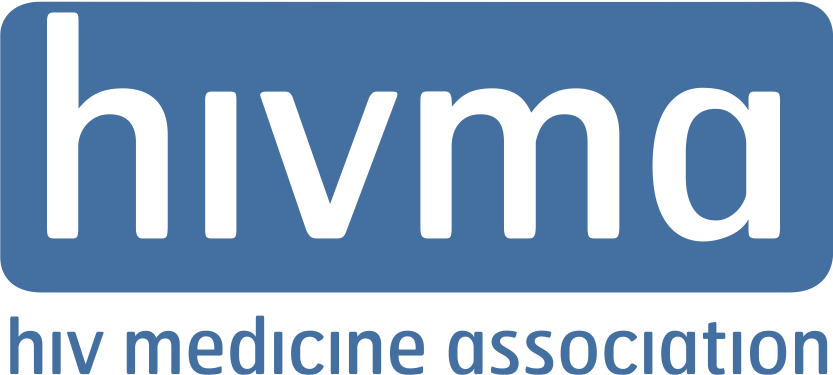Comprehensive Reforms and Resources Needed to Address the Dual Opioid and ID Epidemic
The National Academy of Medicine report released Thursday, Opportunities to Improve Opioid Use Disorder and Infectious Disease Services: Integrating Responses to a Dual Epidemic, responds to the rise in infections linked to the opioid crisis, and highlights the role of integrated services for opioid use and related infectious diseases in reducing disease transmission and improving patient outcomes. Identifying significant barriers to integrated delivery of services the report delineates immediate needs for responsive policy changes, healthcare payment and financing reforms, and workforce training and incentives, as well as attention to stigma, spanning both healthcare and criminal justice systems.
The recommendations in the report reflect key issues raised by infectious disease and HIV specialists working on the frontlines of the opioid epidemic. These include the need to expand access to harm reduction services by removing restrictions on the use of federal funds for syringe services, eliminating the waiver requirement to prescribe buprenorphine, and expanded support for telemedicine and clinician training to improve the integration of opioid use disorder and infectious diseases services.
The members of IDSA and HIVMA urge policymakers to move quickly and work with the infectious disease and substance use disorder communities to implement the report’s recommendations to end the impacts of the opioid crisis.

